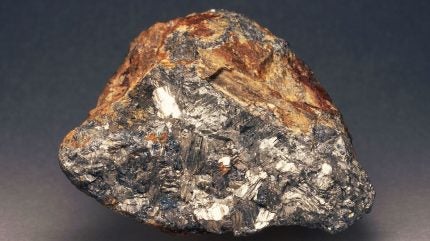
China’s Ministry of Commerce (MOFCOM) announced on 15 August that it will enforce export controls on antimony and its related products.
The ministry spokesperson said that the export controls on antimony will take effect on 15 September to “safeguard national security and interests, and fulfil international obligations such as non-proliferation”. Those intending to export the mineral in various forms must seek a licence.
The extent to which exports will be restricted was not immediately clear, although the term ‘non-proliferation’ indicated that it could encompass weapons-related uses, AP News said.
China has restricted antimony products such as ore, ingots, and oxides. Exporters must obtain licences for dual-use items and technologies with military and civilian applications. In China, this application process generally takes two to three months, Reuters reported.
The restrictions also cover gold antimony smelting and separation technology, according to the ministry.
As defined by the Royal Society of Chemistry, Antimony is a semimetal. In its metallic state, it has a silvery appearance and is both hard and brittle. The electronics industry uses antimony to produce certain semiconductor devices, such as infrared detectors and diodes.
Manufacturers combine antimony with lead or other metals to enhance its toughness and durability. Batteries, for instance, make use of a lead-antimony alloy. Additionally, antimony alloys find applications in type metal (used in printing presses), bullets, and cable sheathing.
China has experienced a significant decline in antimony mine production in recent years. Nevertheless, according to the US Geological Survey, China remained the top global antimony producer last year, contributing 48% of the worldwide mine production.
In July 2023, China’s Ministry of Commerce imposed restrictions on the export of gallium and germanium for national security reasons. That move, widely seen as a response to US restrictions on technology sales and transfers to China, targets key elements within the US supply chain, as per the Centre for Strategic and International Studies.



